Compost might just be one of the most underrated tools in your garden.
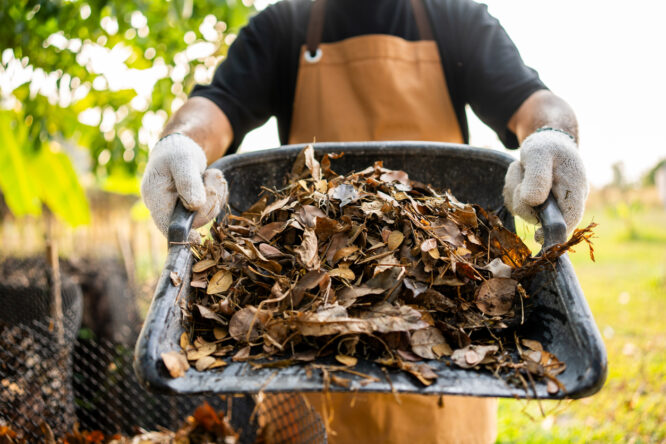
It’s nature’s recycling system—taking kitchen scraps, garden waste, and turning it into nutrient-rich goodness for your soil. Whether you’ve got a sprawling garden or just a few pots on a balcony, here’s why compost matters—and how you can easily start making your own.
1. Compost improves your soil’s health naturally.
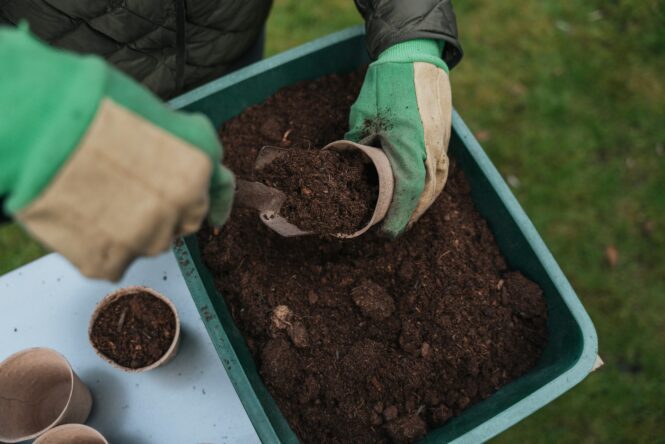
Adding compost to your soil gives it structure, improves drainage, and helps it retain moisture. As time goes on, it creates a better environment for roots to grow, which means stronger, healthier plants with less effort. Unlike synthetic fertilisers, compost adds life to your soil, introducing helpful microorganisms, fungi, and earthworms that all contribute to long-term balance. It’s slow-release nutrition at its most sustainable.
2. It reduces food waste in a meaningful way.
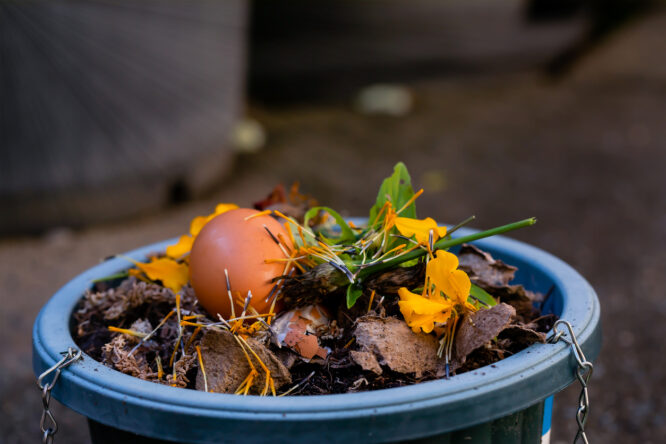
Every banana peel, coffee ground, or vegetable scrap you toss into the compost bin is something that didn’t end up in landfill. That means less methane emissions, fewer overflowing bins, and a more conscious approach to everyday waste. It’s a simple way to see the impact of your habits shift from “rubbish” to “resource.” You’re not just throwing things away—you’re giving them a second life as nourishment for the earth.
3. Composting cuts down on the need for chemical fertilisers.
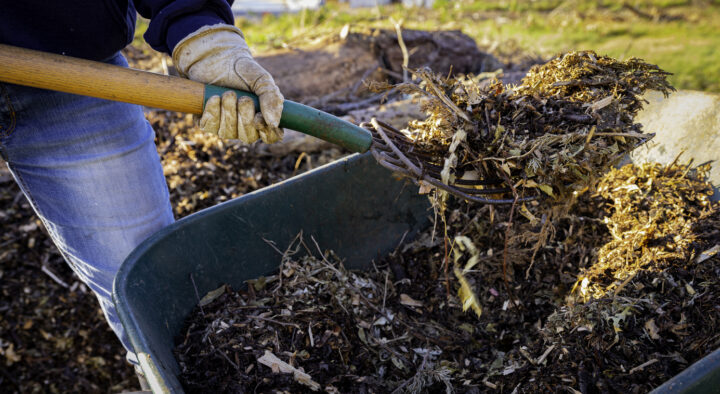
When your soil is healthy, you don’t need to rely on synthetic fertilisers that can harm beneficial insects and leach into waterways. Compost feeds your garden in a slower, more holistic way that builds resilience rather than quick fixes. It’s also cheaper in the long run. Once you’ve got a steady compost system going, your plants thrive on what you’d already be throwing out anyway—no need for costly fertiliser bags from the shop.
4. Making compost is easier than it sounds.
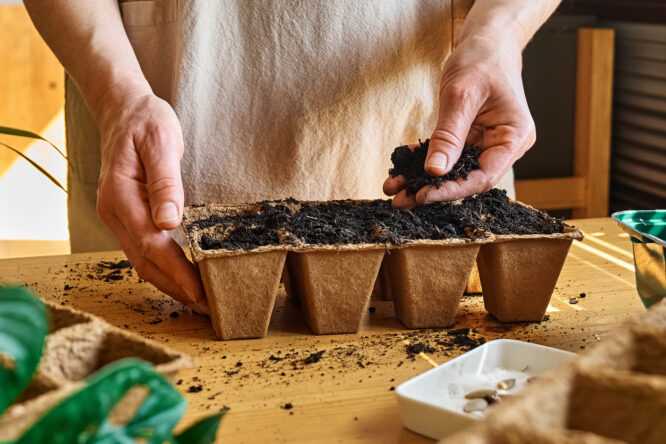
You don’t need a huge garden or fancy equipment. All it takes is a spot for your pile or bin, a balance of greens (like fruit and veg scraps) and browns (like dry leaves, cardboard, or shredded newspaper), and a bit of patience. Turn it occasionally to keep air flowing, and make sure it stays slightly damp—not soaked, not bone dry. Nature does the rest. Within a few months, you’ll have crumbly, earthy compost ready to go.
5. It encourages you to be more connected to the seasons.
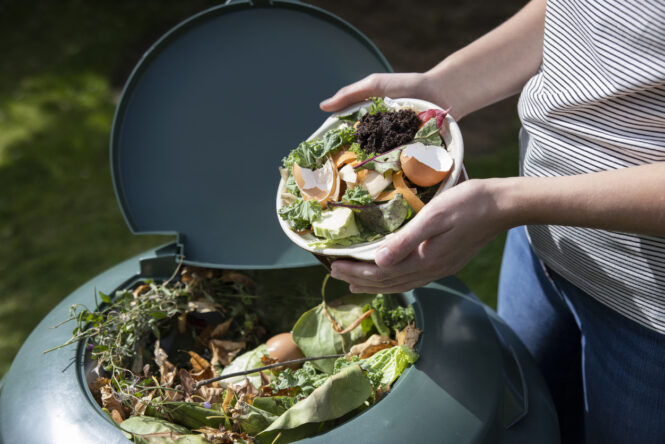
As you compost, you naturally start paying attention to what you’re cooking, what’s growing, and what’s going to waste. You notice how different scraps show up in different months, how leaves pile up in autumn, or how garden trimmings build up in spring. This slow, circular awareness creates a rhythm between your household and the environment. You become more in tune with the way things grow, break down, and begin again.
6. Your plants will genuinely thank you.
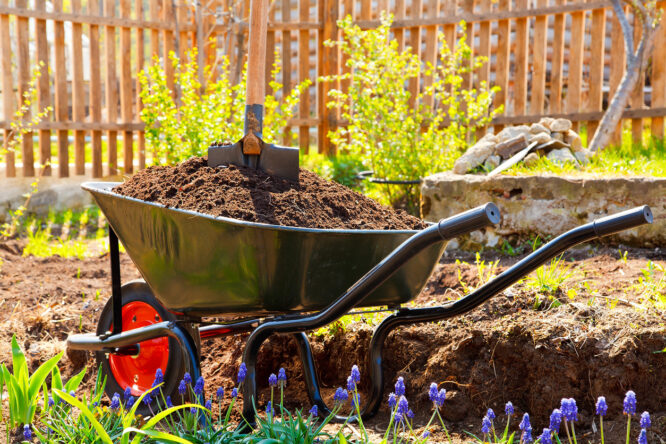
From houseplants to vegetables, anything grown in compost-enriched soil tends to be stronger, greener, and more productive. You’ll notice it in richer blooms, juicier tomatoes, and more resilient root systems. It’s not magic; it’s balance. Compost brings in a blend of nutrients that help your plants grow without pushing them too hard. It’s a gentle, supportive way to nurture anything green.
7. You can customise your compost to what you grow.
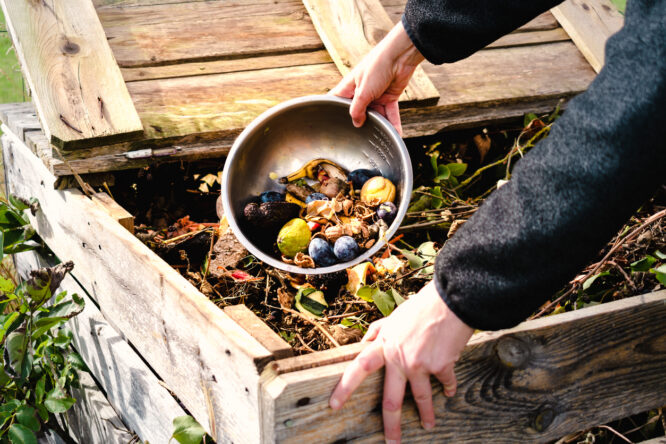
If you grow mostly herbs and leafy greens, your compost can lean slightly richer in nitrogen from kitchen scraps. If you’re working with flowers or shrubs, mixing in more brown matter can give you a different blend of nutrients and texture. Compost isn’t one-size-fits-all. As time goes on, you can experiment and tweak your mix depending on what thrives in your space. It gives you more control without needing chemicals or complicated formulas.
8. It keeps your garden or growing space more self-sustaining.
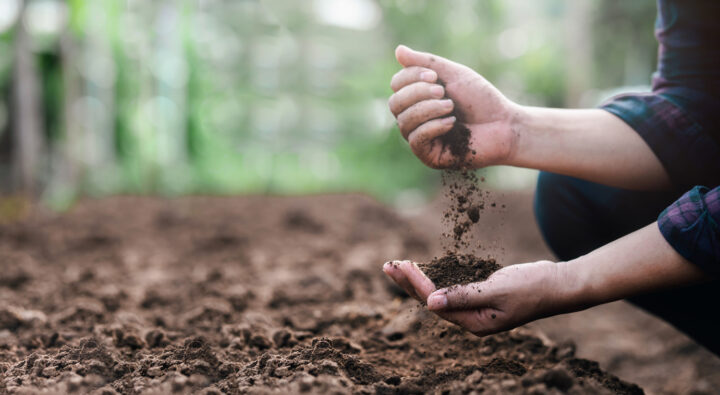
Instead of hauling in bags of fertiliser, soil, or mulch, you start closing the loop with what you already have. Your garden becomes less dependent on external inputs and more aligned with its own ecosystem. This kind of self-sufficiency is empowering. You’re feeding your plants with what your life naturally produces, and that connection makes the whole process more fulfilling.
9. Compost can work even in small spaces.

Don’t have a big backyard? No problem. You can compost in a lidded bucket under the sink, a small tumbler on a patio, or even with a worm bin if you’re tight on space. It’s all about finding a system that suits your lifestyle. Even a small setup can make a big difference. It’s less about the size of your pile and more about the habit. Once it’s part of your routine, it becomes second nature.
10. It’s one of the most accessible ways to live more sustainably
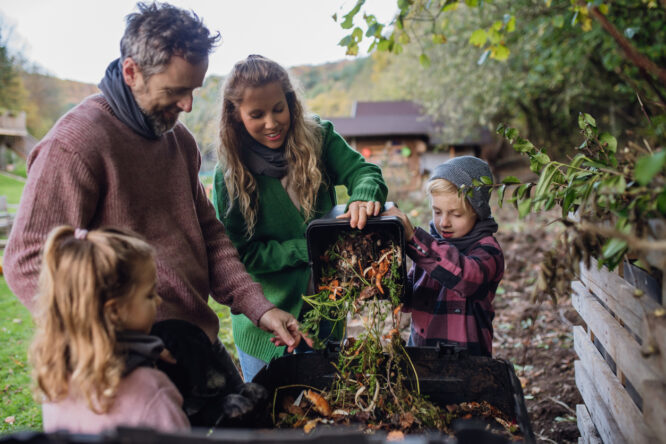
You don’t need to go off-grid to reduce waste or support the planet. Composting is simple, local, and effective. It’s something you can start with minimal effort, and see real results within weeks or months. Plus, it’s a small act that adds up fast. Every apple core or wilted spinach leaf you compost is a tiny step toward healthier soil, less waste, and a more grounded connection to the world around you.




